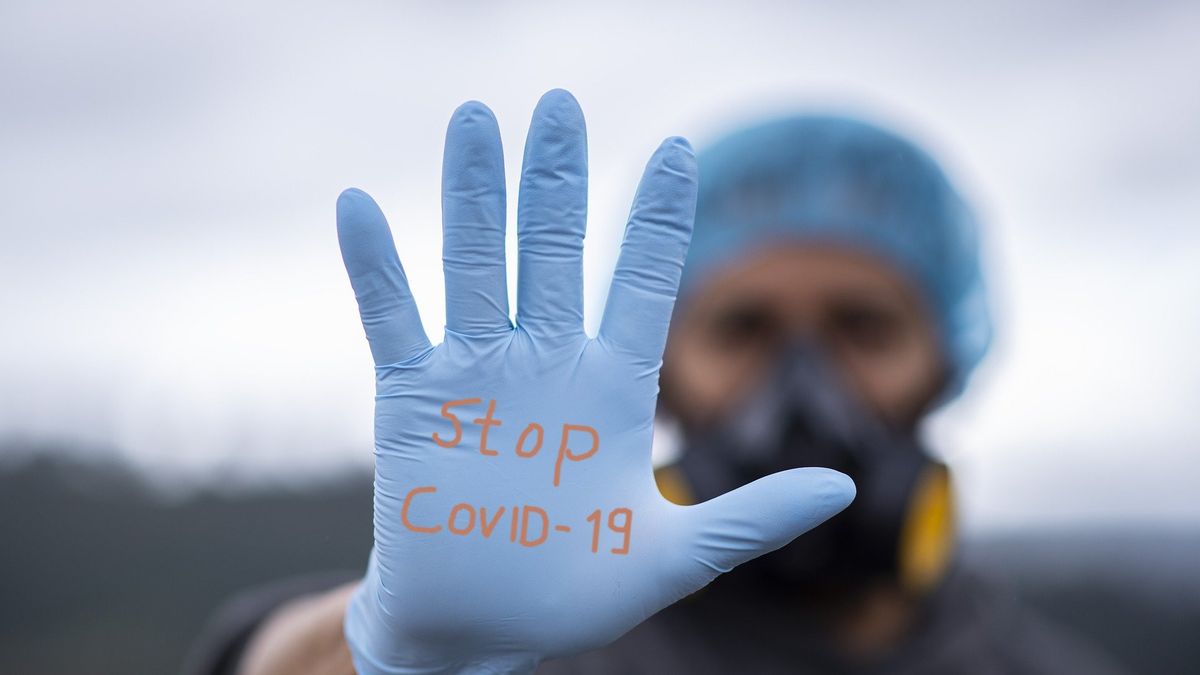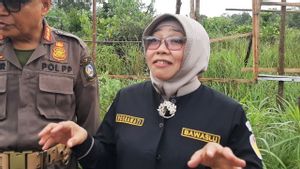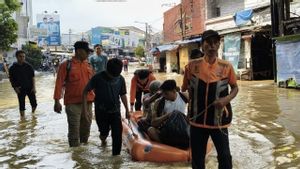JAKARTA - President Joko Widodo said there was a possibility that the government would loosen the Emergency PPKM rules on July 26 if COVID-19 cases began to decline.
Explaining this, Spokesperson for the COVID-19 Task Force, Wiku Adisasmito, said that the planned easing of mobility restrictions like this is a gas and brake measure in handling the pandemic.
Unfortunately, based on the experience of dealing with pandemics for one and a half years, relaxation decisions are often not followed by health care facilities and supervision of ideal health protocols.
"Relaxation is also misinterpreted as a safe condition so that health protocols are forgotten and transmission occurs again in the community and causes cases to increase again," said Wiku in the Presidential Secretariat's YouTube show, Tuesday, July 20.
Let's look back. Indonesia has implemented three times of tightening and relaxation. The current emergency PPKM is the fourth tightening.
Starting from PSBB to PPKM, the tightening mechanism is carried out on average for 4 to 8 weeks, with the effect of decreasing cases or even decreasing. However, during relaxation for 13 to 20 weeks, cases again increased up to 14 times.
"Reflecting on the tightening and relaxation, it turns out that the relaxation measures that are not appropriate and are not well supported by all levels of society can trigger a higher increase in cases," said Wiku.
Therefore, the experience of ups and downs of cases so far needs to be an important reflection on the tightening of the Emergency PPKM that is currently being carried out.
The good news is that the tightening that has been going on for the past two weeks has seen results, such as starting to decrease the occupancy of isolation beds and ICU hospitals in the provinces on the island of Java and Bali as well as population mobility which has shown a decline.
Unfortunately, cases still have doubled with the number of active cases of 542,938 or an increase of 18.65 percent.
"Of course, this increase cannot be separated from the fact that variants of concern or various variants of COVID-19 have now entered Indonesia. Especially the Delta variant, which has reached 661 cases in Java-Bali," he said.
With the current high number of cases, said Wiku, the government is trying its best to tighten it by limiting mobility. Increase hospital capacity, provide medicines and medical equipment.
However, these efforts will not be sufficient and tightening cannot be carried out continuously because it requires enormous resources with the risk of loss of life that is too high and has an economic impact.
Therefore, the discourse of easing the Emergency PPKM was raised. "Of course, at some point we have to go back to relaxation," he said.
Therefore, Wiku emphasizes that the decision to relax restrictions can be successful and effective if all parties do two things. First, the decision is carefully prepared and there is a commitment in implementing the policy or agreement from all elements of the government and society.
"These two things are the key to implementing effective and safe relaxation, and not triggering cases to spike again. This method is the cheapest and easiest way, and can continue to be carried out with various adjustments to community activities," he concluded.
The English, Chinese, Japanese, Arabic, and French versions are automatically generated by the AI. So there may still be inaccuracies in translating, please always see Indonesian as our main language. (system supported by DigitalSiber.id)













